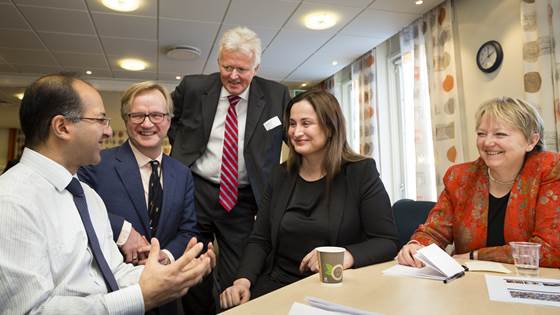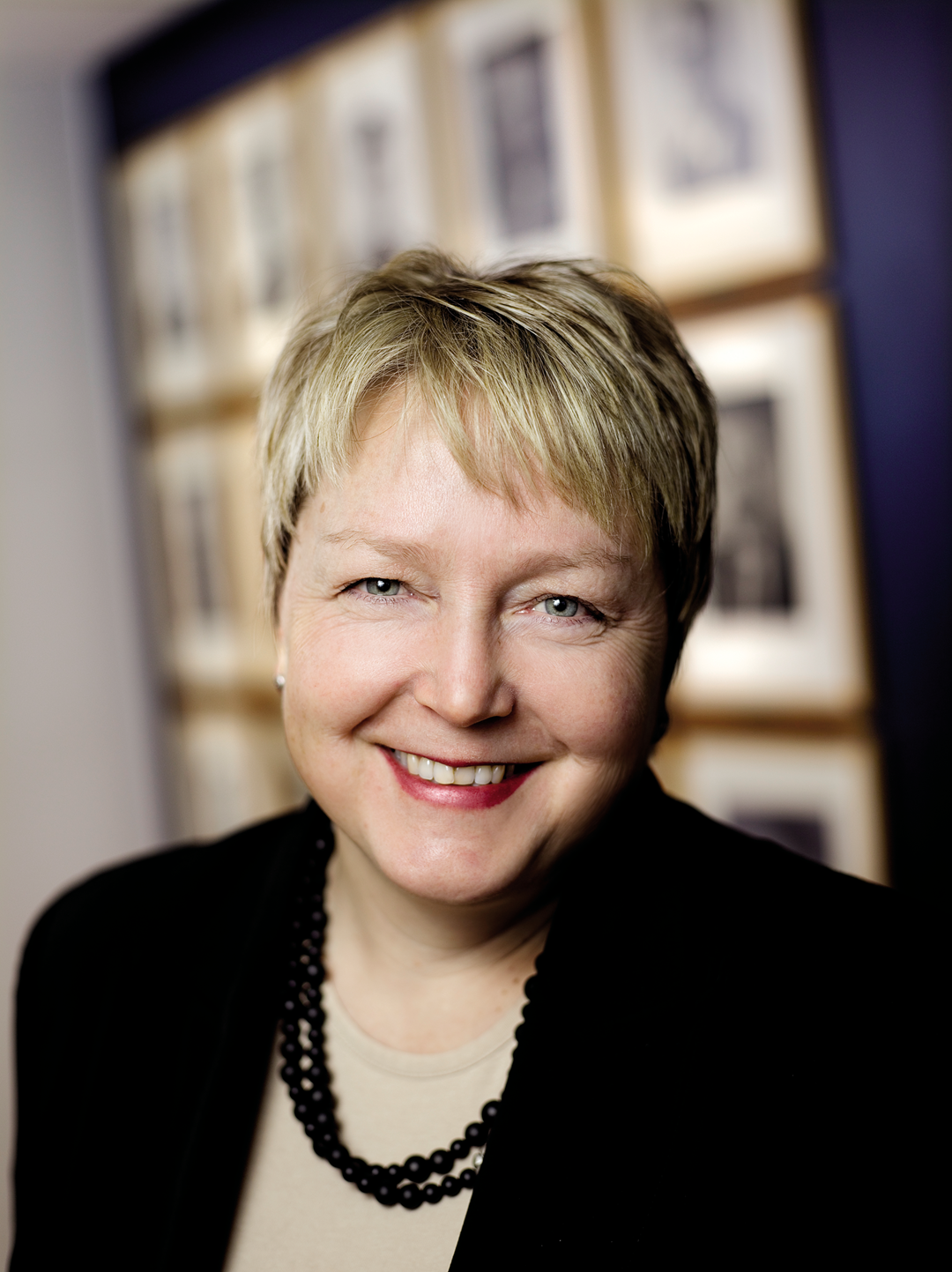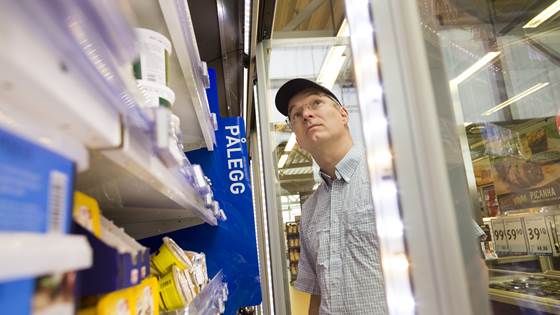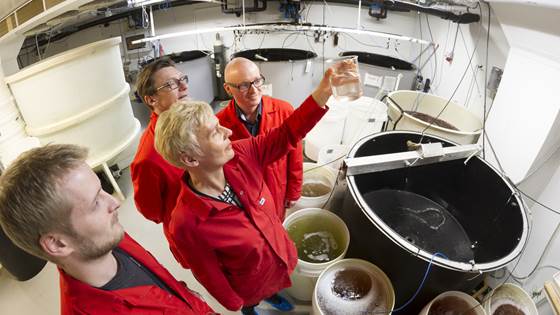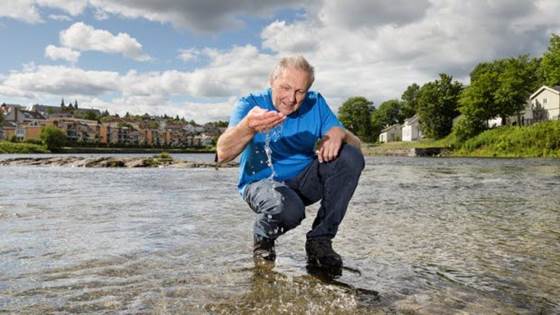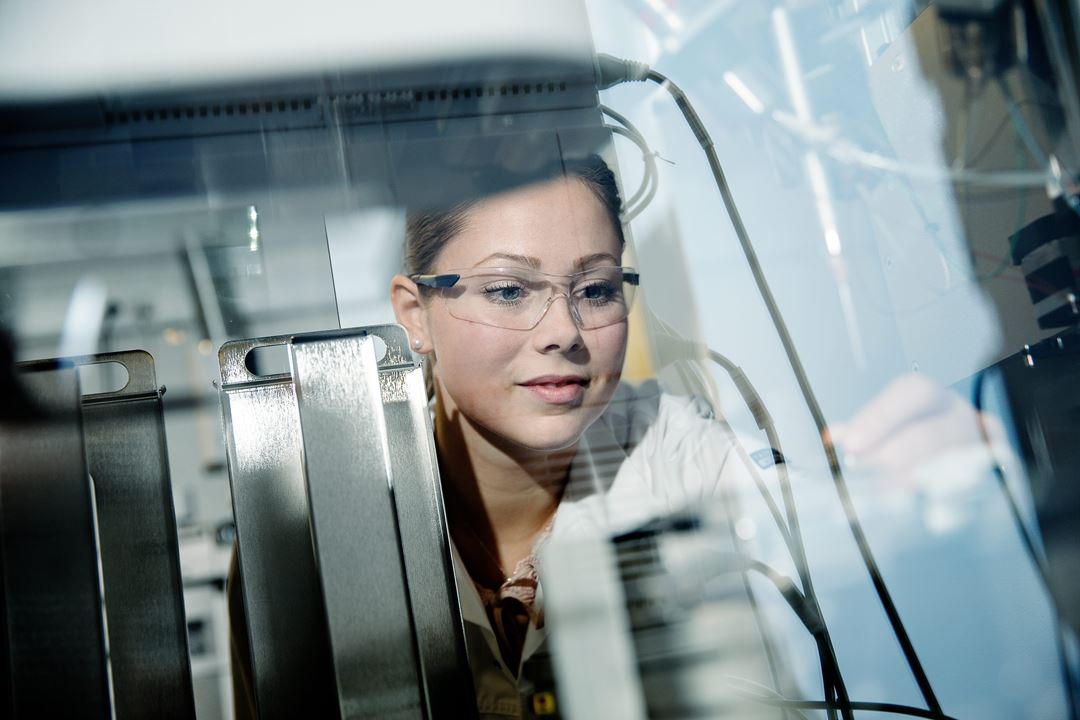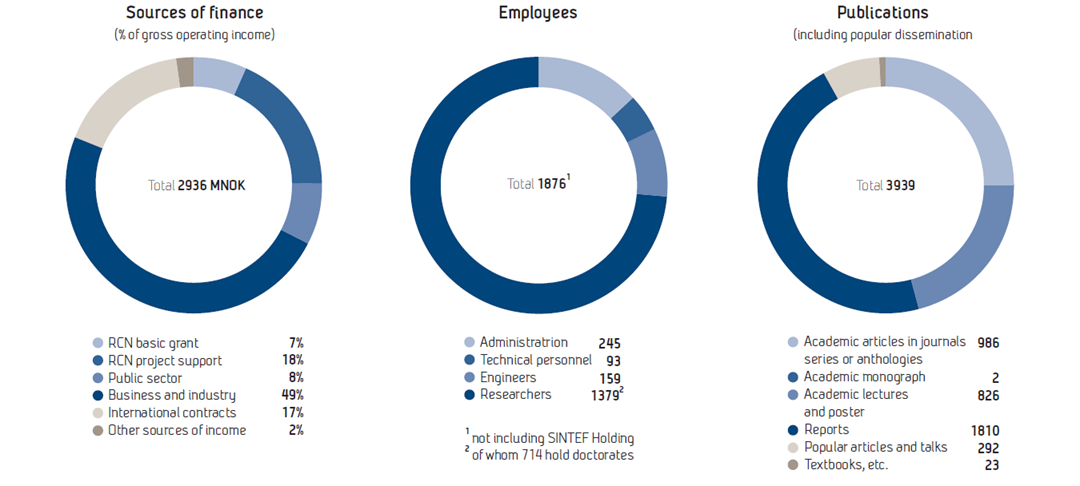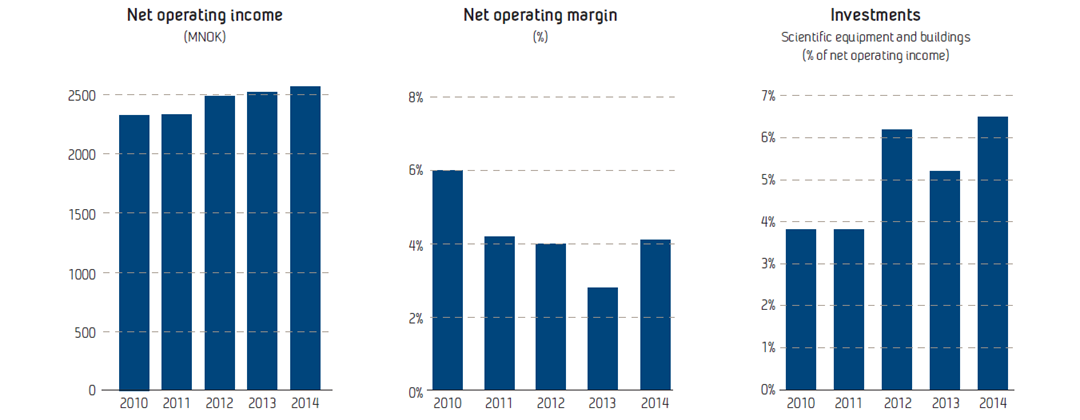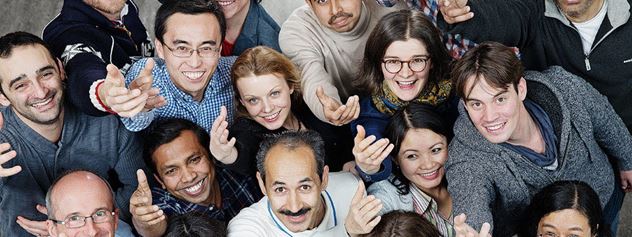We are living at a time that requires major restructuring of many facets of our society. Research, knowledge and innovation are the keys to success in this venture.
Globalisation, a long-lasting economic crisis that extends across Europe, a growing need for security and the ongoing transition to new energy systems are all factors that contribute to uncertainty and rapid unexpected changes. In Norway, the need for restructuring is attracting ever more attention because of the fall in petroleum revenues. This has led to a more active debate about the need for more financial legs to stand on and about a move to a greener economy.
The reality is that the need for restructuring is always present, even when the economic situation is good. A process of continuous change and improvement is essential in order to develop a sustainable society. The concept of sustainability involves taking the environment and climate, a healthy economy and social conditions into account. We need to balance all of these factors in order to develop societies that are good to live in.
Research, knowledge and innovation are essential for success in restructuring our society. There is global, national and regional competition to attract businesses that create value and provide jobs, and we can observe that the companies that put the most effort into research and innovation are the winners in this race.
Innovative thinking is essential, both in industries exposed to competition and in the public sector. In the years to come, the authorities and the service sector will need to put great efforts into innovation in order to tackle
major challenges.
For SINTEF, change brings the prospect of new opportunities. We contribute to the restructuring of society through our knowledge, our laboratories and our ability to develop new technologies. Our ambition is to participate actively as a partner for industry and the public administration, so that we can contribute to the creation of value, innovation and the development of solutions to the great social challenges of our time.
The demand for restructuring also applies to our own activities. This Annual Report suggests that as a point of departure, our financial position is good. Good operating practices and a positive financial result are essential to our ability to invest in new laboratories and research. However, the figures for 2014 also suggest a different picture; the results of our current operations are too weak in several parts of SINTEF's activities. This is a problem that we need to deal with through our own process of continuous restructuring and improvement.
